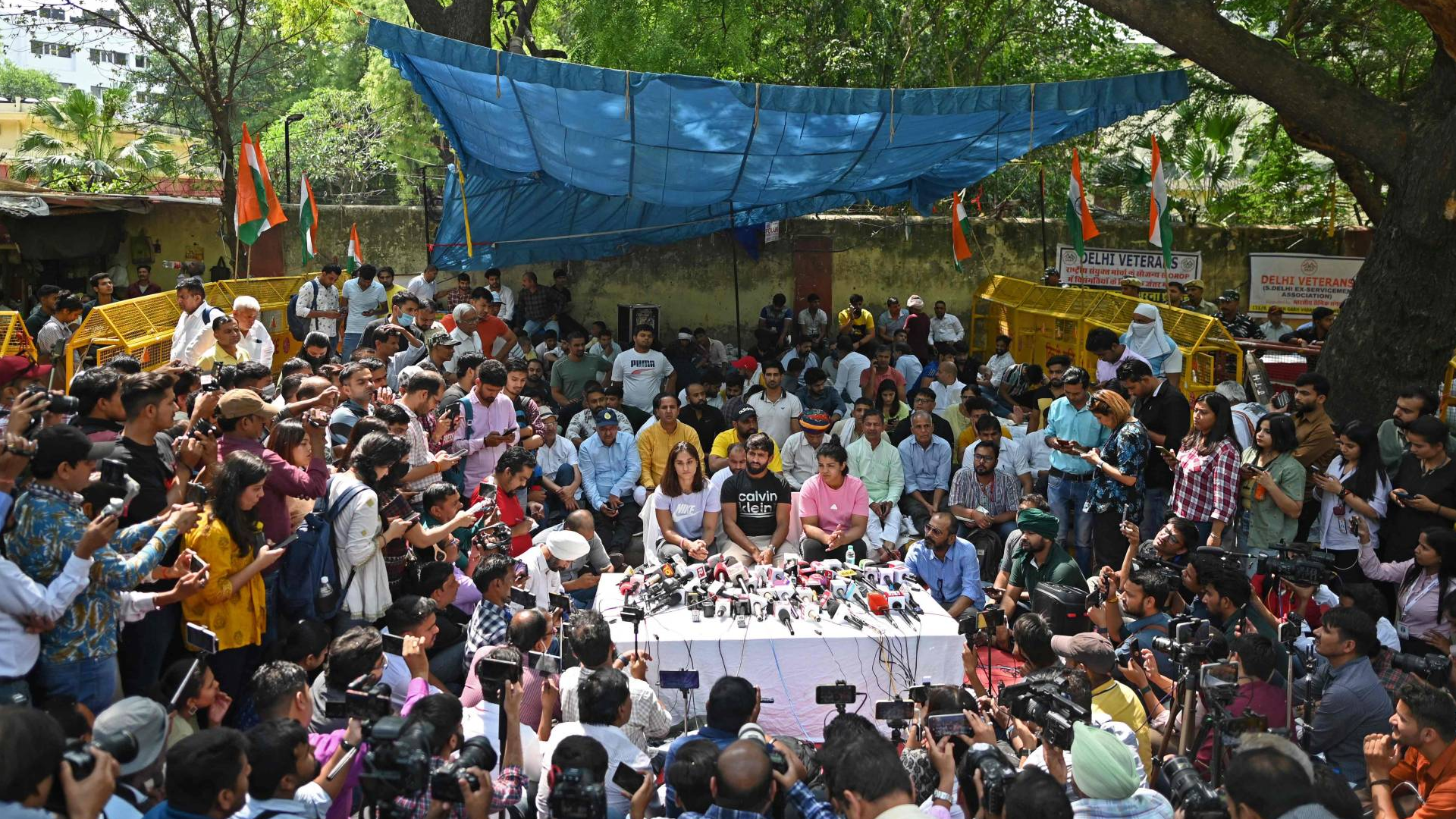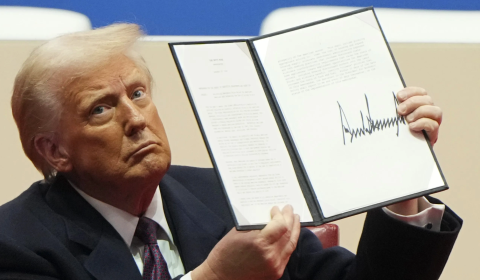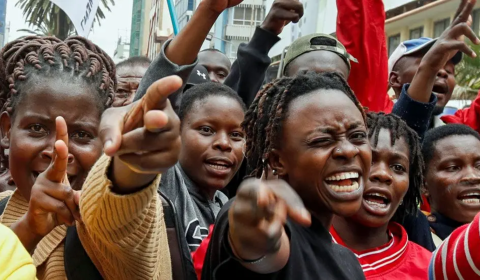India’s Olympic-level wrestlers have recently been leading a demonstration in New Delhi as an act of protest. This movement, which started with MP Brij Bhushan being accused of sexual assault, is scheduled to end only after his arrest. With powerful stakeholders involved, the victims await justice and an acceptable probe.
TW: This article contains mentions of sexual harassment.
With the Paris Olympics soon approaching, we have seen athletes from across the world preparing for their stint in 2024. India’s athletes, however, have been grappling with concerns outside of just sport.
A few months back it was reported that the President of the Wrestlers’ Federation of India (WFI) had been sexually harassing female players, including a minor.
The country’s most accomplished wrestlers have been sleeping on the streets as a form of protest. This includes Vinesh Phogat, the first Indian female wrestler to win gold in both the Commonwealth and Asian Games, and Olympic medallists Bajrang Punia and Sakshee Malikkh. The disruption has been so significant that 2023’s Asian Wrestling Championships have been shifted from New Delhi to Astana in Kazakhstan.
Podium से फुटपाथ तक।
आधी रात खुले आसमान के नीचे न्याय की आस में। pic.twitter.com/rgaVTM5WGK
— Vinesh Phogat (@Phogat_Vinesh) April 23, 2023
Why are the wrestlers protesting?
The protestors demand that Brij Bhushan be arrested and removed as president of the Wrestlers’ Federation of India (WFI). Singh is also an MP belonging to the country’s ruling party, Bharatiya Janata Party (BJP).
In January, similar demonstrations took place in response to the same allegations. The first-time round, Sports Minister Anurag Thakur assured the public that an investigation would take place.
Today is the day the Supreme Court will hear the wrestlers' plea calling for an FIR to be registered against WFI chief Brij Bhushan Sharan Singh. The grapplers began the day by exercising at Jantar Mantar.
: PTI | Live Updates
https://t.co/w6cE6VdrHe pic.twitter.com/0Olj2mZUxC
— Sportstar (@sportstarweb) April 28, 2023
This began with the suspension of WFI assistant secretary Vinod Tomar. Tomar faced accusations of bribe-taking and financial corruption. WFI ceased operations and Brij Bhushan was instructed to distance himself whilst the month-long investigation took place.
The Sports Ministry then established a six member oversight committee to investigate the claims and submit a report in six weeks.
What were the findings of this committee?
The committee’s report was submitted to the Sports Ministry on the morning of April 5. Over a month later, the details of its findings have still not been made public, and the details as to its creation are hazy at best. Here’s what we do know.
Upon its submission, one committee member, Babita Phogat, found that none of her complaints made throughout the inquiry were included. She also stated that she was not given the report’s full details.
She claims another member, Radhica Sreeman, did not permit her to read it in its entirety as her own family was involved. Sreeman has refuted this as ‘ridiculous.’
Phogat also asserted that none of the documents submitted by the witnesses and the WFI were provided to the committee. No cross-examination or verification of the witnesses supposedly took place.
Rebutting this statement, Sreeman insisted that Phogat went through the report four to five times and confirmed its findings. She also mentioned that every member of the committee was asked to gather at the Sports Authority of India (SAI) headquarters on April 4 to provide signatures.
Babita Phogat apparently did not attend, however, with her phone being switched off throughout the day. The committee chairman, Mary Kom, decided that everyone present on April 4 would sign the report and Phogat could do so the next morning.
Another member of this committee, Yogeshwar Dutt, spoke in favour of Radhica Sreeman, asserting that none of the wrestlers that had testified during the inquiry had spoken of sexual harassment. Further, he maintained that no one was under any pressure to sign the report and Babita Phogat was not in attendance at the time that the rest of the members signed.
The findings of this report not being made public have created immense scope for speculation and doubt. Even those protesting say that they were not made aware of this committee’s report.
Distraught with the lack of transparency, they’ve chosen to demonstrate yet again, and have been observing a sit-in on the streets of Jantar Mantar, New Delhi, since April 23.














 (@BajrangPunia)
(@BajrangPunia) 







